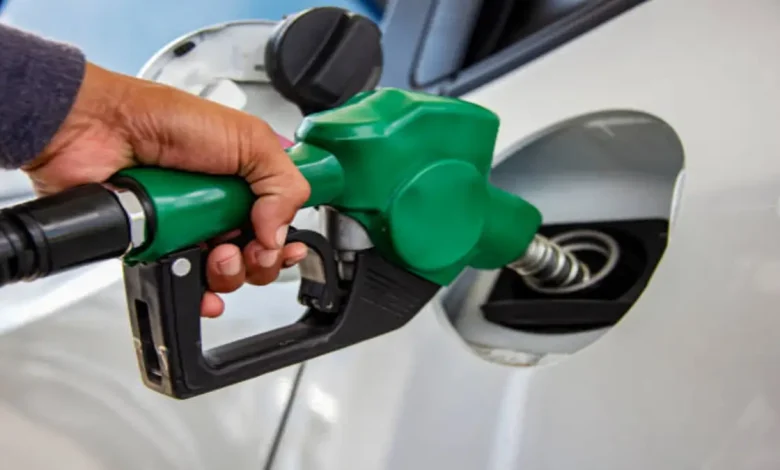July Petrol Price Increase Confirmed: Expect to Pay More on The Tanks

South African motorists should brace themselves for a likely increase in petrol prices in July, as global oil markets react to escalating tensions in the Middle East.
Oil Prices Surge After Middle East Escalation
On Friday, international crude oil prices surged past the $70 (approximately R1,255) per barrel threshold after Israel launched air strikes targeting Iran’s nuclear infrastructure. The developments have sparked fears of a broader regional conflict that could severely disrupt oil production and global supply chains.
Brent Crude, the international oil benchmark, jumped by more than 7% during the day—following an initial spike of 13%—to close at $74.23 per barrel. This marks a significant rise from the previous monthly average of $63.95, which was used to set the current fuel prices in South Africa.
Local Forecast Shifts as Global Oil Rallies
While early-month data from the Central Energy Fund (CEF) suggested a modest decrease in local fuel prices, about 7 cents for 95 Unleaded and 11 cents for 50ppm diesel, these figures are already outdated. They were based on lower oil prices earlier in the month. If the current upward trend in global oil prices holds, motorists could face fuel increases of over 30 cents per litre by July.
Currently, the inland price for 93 unleaded petrol sits at R21.24 per litre, while 95 ULP retails for R21.35 inland and R20.55 at the coast.
Geopolitical Tensions and Economic Impact
Matthew Ryan, head of market strategy at global financial services provider Ebury, warned that a prolonged conflict involving Iran, responsible for about 4% to 5% of global oil production, could severely affect oil supply.
“Higher oil prices have broader economic consequences. They not only threaten global growth but may also keep inflation elevated for a longer period,” Ryan told AFP.
He added that central banks could face a tough balancing act: either hike interest rates to tame inflation or cut them to stimulate growth amid rising economic uncertainty.
Experts Weigh In on Possible Outcomes
Despite the current volatility, JP Morgan continues to forecast oil prices in the low-to-mid $60 range for the remainder of 2025 and around $60 in 2026. However, the bank did caution that in a worst-case scenario, such as a closure of the Strait of Hormuz, a vital maritime chokepoint through which 20% of the world’s oil passes, prices could soar to between $120 and $130 per barrel.
Motorists Warned to Prepare for July Petrol Price Increase
As geopolitical tensions rise, so too does the pressure on fuel prices. South Africans may need to prepare their wallets for a costly month ahead at the pumps.
Related article: Fuel vs Public Transport: Which Is More Cost-Effective in Gauteng in 2025?



